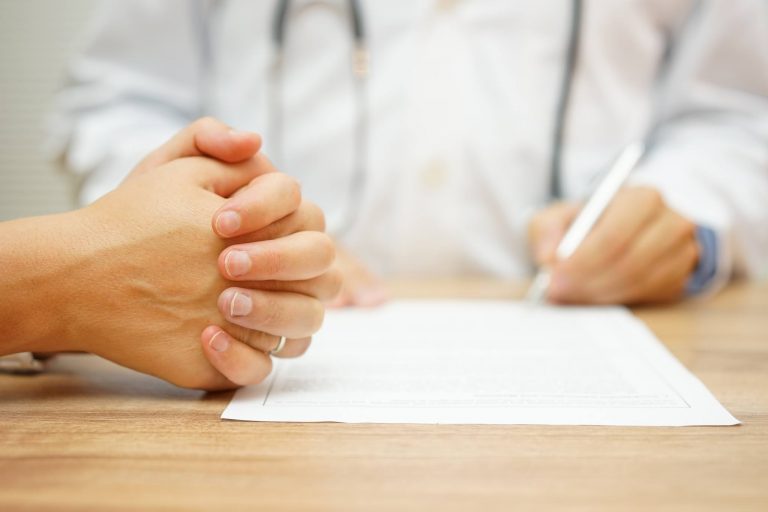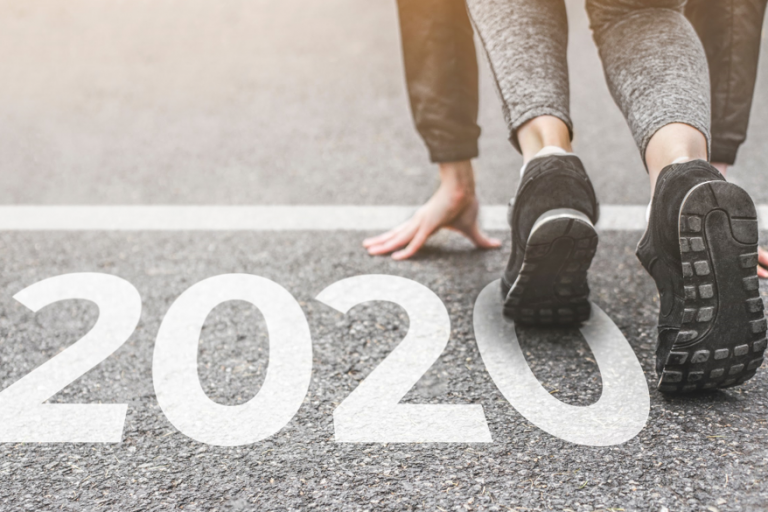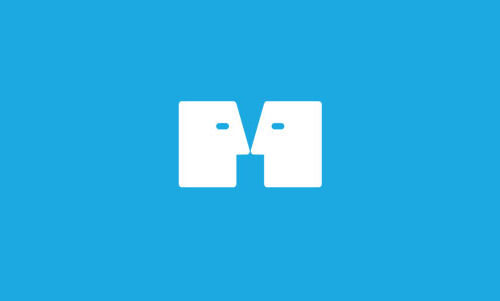Health

Makovsky
Thursday, February 12, 2015In the information age, the experience of the “educated consumer” is no longer a linear, clear path to purchase or action, characterized as much by evaluating goods or services as it is by evaluating information itself with a discerning eye. There is more information from more sources than ever before—not all trustworthy and accurate. This has led to the rise of click-bait, exaggeration, and misinformation as online and print sources compete for readers, more likely to skim an article than perform a fact check. With the increased circulation of information of unknown or unverified origin and veracity, healthcare communicators face growing barriers to providing accessible information to target audiences, but must avoid falling victim to the trappings of competition.
A recent study in The BMJ, titled The Association between Exaggeration in Health Related Science News and Academic Press Releases: Retrospective Observational Study, revealed troublesome trends in framing health information:
- More than one-third of the print and online health-related news articles studied contained some form of exaggeration when compared to its accompanying peer-reviewed journal article.
- Moreover, 40% of press releases issued by academic institutions contained more direct or explicit advice than the studies they referenced.
- News publications evaluated in the study were more than six times more likely to exaggerate advice in articles when the information in the press releases contained inflated claims or overly deterministic advice.
- While the intent is not to deceive the reader, but rather to make information more appealing, we must remember that information, and how information is understood, can critically impact decisions, actions and outcomes.
In healthcare, we seek to help patients become educated consumers so they can ask the right questions of the right sources. With so many sources of health information available, it can be difficult to know where to go and who to trust. In the past, medical news was kept in journals and set aside for healthcare professionals, leaving informed health decisions entirely in their hands. Now, anyone can seek a second opinion before pulling out of the parking lot of the doctor’s office. But, when dealing with health we must be especially careful and thorough in our research. It is good to engage your doctor and to take responsibility for your health, but casting yourself in the role of the informed patient requires more than a Google or a WebMD search. If you want to be involved in your care and take responsibility for your health you must be prepared to dig deeper and engage with the science, not just the article.
Moral of the story: hold yourself accountable for getting the whole truth, seek answers at their source, and work to become a savvy consumer of information. Knowledge is power and reading up on the latest health and wellness news is important. When making decisions based on what you saw on the news or read online or in the paper, it is important that you don’t assume that the reporter did their due diligence. Take it upon yourself to check the facts or their source to ensure that you are getting the right information, who knows, you might even learn something the reporter overlooked.
-John Colucci MakHealth Blog











